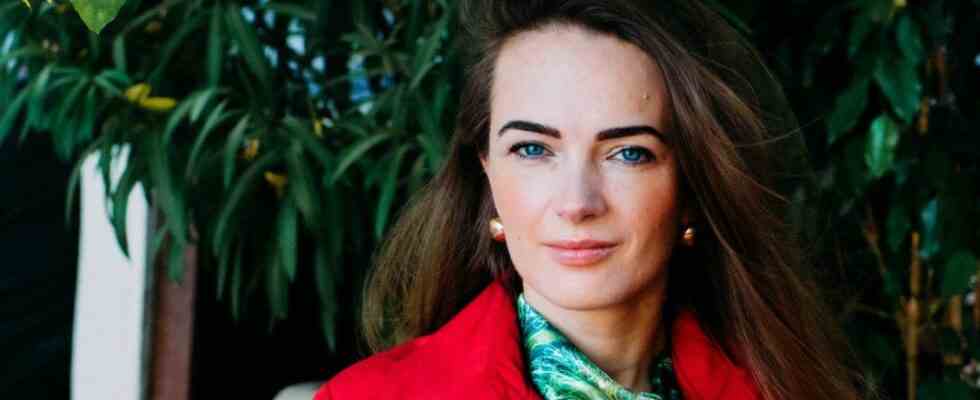The four winners of this year’s Right Livelihood Award, also known as the “alternative Nobel Prize” or award “for creating a better world”, were announced in Stockholm on Thursday morning. The award goes to the lawyer and human rights activist Oleksandra Matwijtschuk from Ukraine, who, as chairwoman of the Center for Civil Liberties (CCL), is currently documenting war crimes.
Another award goes to Fartuun Adan and Ilwad Elman from Somalia, the mother and her daughter work for the rehabilitation of former child soldiers. The award also goes to the Africa Institute for Energy Governance, which fights exploitative energy projects in Uganda, and the Cecosesola collective, which has established a network of cooperatives in poor regions of Venezuela. The awards will be presented on November 30 in Stockholm, and the prize money of around 200,000 euros will be divided among the four winners.
Ole von Uexküll, director of the Right Livelihood Foundation, calls the award winners “practical visionaries”. They showed how, “in the face of government failure and the collapse of existing systems,” one could work on a long-needed system change anywhere in the world. They were selected from 175 nominees.
Not Elon Musk or Mark Zuckerberg lead the way
“Our jury doesn’t believe that it’s the Elon Musks and Jeff Bezos’ and Mark Zuckerberg’s of this world that are showing us a way out,” said Uexkull ahead of the announcement. Instead, the foundation honors people who have experienced the great crises of the world first-hand and who, through their work, convey the “message of hope” that “you don’t have to be powerless”.
The Right Livelihood Award goes back to the Swedish-German philanthropist and stamp collector Jakob von Uexküll, the uncle of the current director. Before he set up his foundation in 1980, for which he sold valuable stamps, Jakob von Uexküll had failed to persuade the Nobel Foundation to award an environmental prize. His institution sees itself as a “megaphone and protective shield”; in addition to worldwide attention, it wants to offer the award winners a network. Previous recipients include whistleblower Edward Snowden and climate activist Greta Thunberg.
This year’s Ukrainian award winner Oleksandra Matwijtschuk and the CCL, founded in 2007, have been fighting for democracy and the rule of law in their home country for many years. CCL documented human rights abuses at the Euromaidan protests in Kyiv in 2013 and, after the Russian occupation of Crimea and Donbass in 2014, sent observers to compile lists of political prisoners on the ground.
War, climate, land grabs – these are the topics of the award winners
Matviychuk, 38, is a law graduate and has long urged Ukraine’s government to align domestic laws with international law and make the country a member of the International Criminal Court. Since the beginning of the Russian invasion of Ukraine, CCL has been assembling teams documenting war crimes in cities like Bucha and Irpin, listing political prisoners and civilian hostages.
Somali laureates Fartuun Adan and her daughter Ilwad Elman continue the work of husband and father Elman Ali Ahmed, who was killed in 1996, with their organization Elman Peace. They take care of the rehabilitation and psychosocial care of former child soldiers, who are also offered training and jobs. The model has already been exported to other African countries.
The Africa Institute for Energy Governance, which was also awarded, fights for climate justice in Uganda as well as against land grabbing and displacement through the construction of oil pipelines. Again and again, employees of the institute are threatened and arrested. Venezuelan cooperative network Cecosesola is recognized for providing affordable goods and services to more than 100,000 underprivileged families. The organization is already 55 years old, it runs grocery stores, credit institutions and even cooperative organized funeral homes.

